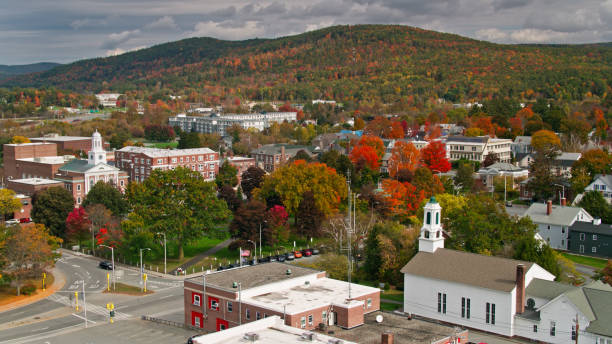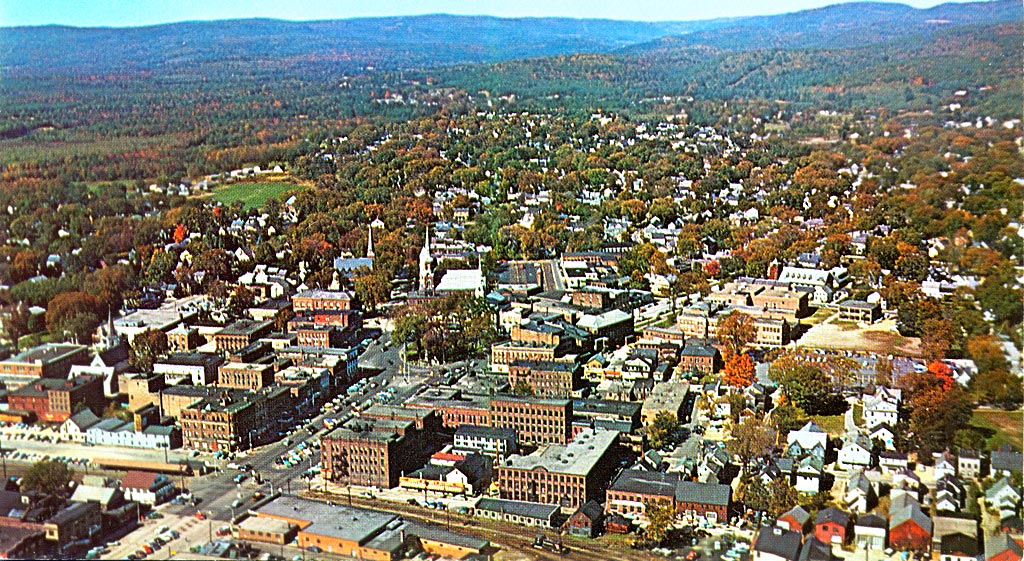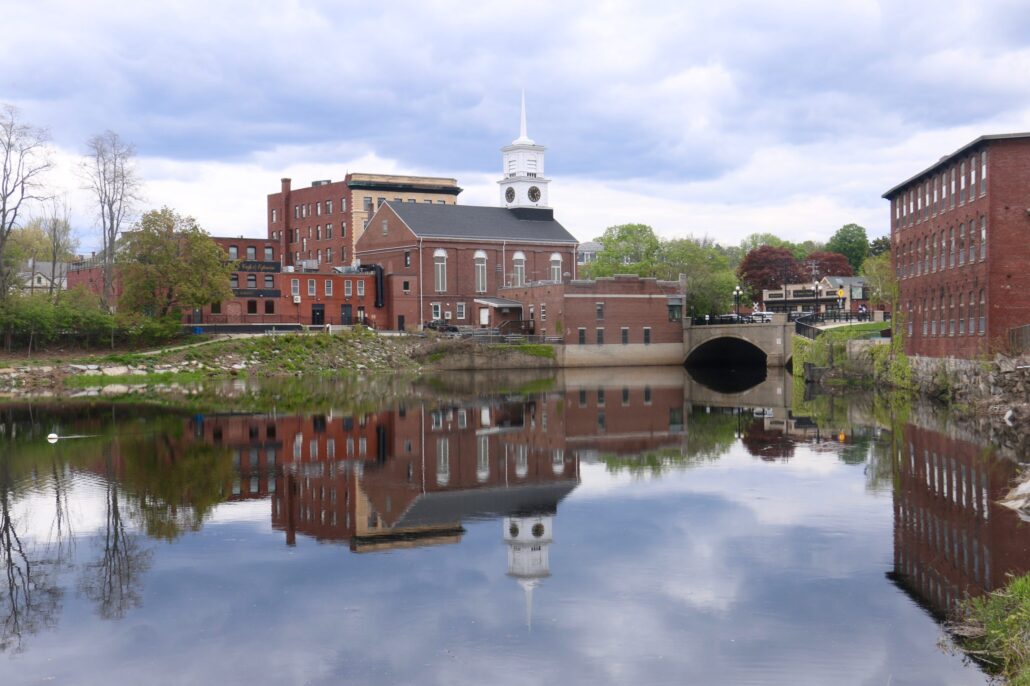Find Healing and Support in New Hampshire’s Halfway Houses

New Hampshire is a state known for its picturesque landscapes and resilient communities. For those seeking to overcome addiction, halfway houses in New Hampshire offer a beacon of hope and a structured environment to aid recovery. With dedicated facilities in Manchester, Concord, Lebanon, Keene, and Nashua, individuals can find the support they need to rebuild their lives.
Each location provides a unique blend of recovery resources and community support, ensuring that no matter where you are in New Hampshire, there’s a halfway house ready to help you on your journey. Whether you’re taking your first steps towards sobriety or continuing a long-term recovery process, the halfway houses in New Hampshire stand as pillars of strength and encouragement.
Halfway Houses in Manchester: A City of Renewal and Recovery

Manchester, the largest city in New Hampshire, boasts a vibrant and supportive community for those in recovery. Known for its historic mill buildings and revitalized downtown area, Manchester is not just a hub of economic activity but also a center for recovery resources.
Manchester halfway houses provide a structured environment where individuals can focus on their recovery. With a population of over 112,000, Manchester’s community services are robust, offering various programs and support groups. In recent years, Manchester has seen a significant decrease in alcohol-related incidents, a testament to the effectiveness of its recovery programs.
Halfway Houses in Concord: The Heart of Recovery in New Hampshire

Aerial shots of the New Hampshire State House in Concord at sunrise on a misty morning in Fall.
Authorization was obtained from the FAA for this operation in restricted airspace.
As the state capital, Concord combines governmental support with a strong network of recovery resources. Halfway houses in Concord are known for their comprehensive programs that address both the physical and psychological aspects of addiction recovery.
Concord’s population of approximately 43,000 enjoys a close-knit community atmosphere. The city’s commitment to health and wellness is reflected in its numerous public initiatives aimed at reducing substance abuse. Recent statistics show a promising decline in alcohol consumption rates, highlighting the positive impact of these efforts.
Halfway Houses in Lebanon: Serenity and Support in the Upper Valley

Aerial shot of Lebanon, a small city in Grafton County, New Hampshire on an overcast afternoon in autumn, with forests showing Fall colors on the surrounding hills.
Nestled in the picturesque Upper Valley, Lebanon offers a tranquil setting for recovery. Lebanon’s halfway houses are designed to provide a peaceful and supportive environment, ideal for individuals seeking to escape the chaos of addiction.
With a population of around 13,500, Lebanon is small but mighty in its recovery offerings. The community is known for its proactive approach to combating substance abuse, with numerous local events and support groups dedicated to fostering sobriety. Lebanon’s low crime rates and strong community bonds make it an excellent place for recovery.
Halfway Houses in Keene: A Community Committed to Sobriety

Keene, a charming city in southwestern New Hampshire, is known for its educational institutions and vibrant arts scene. Halfway houses in Keene are integral to the community, offering programs that emphasize personal growth and responsibility.
Home to about 23,000 residents, Keene has a strong network of recovery advocates. The city’s emphasis on mental health and wellness has led to innovative approaches in addiction recovery, making Keene a leader in the field. Recent data indicates a steady decline in alcohol-related hospital visits, underscoring the success of these initiatives.
Halfway Houses in Nashua: Recovery in a Thriving City

Nashua, the second-largest city in New Hampshire, offers a dynamic environment for those in recovery. Nashua’s halfway houses are equipped with state-of-the-art facilities and programs tailored to meet the diverse needs of its population.
With over 89,000 residents, Nashua’s recovery community is both large and active. The city’s strategic location near the Massachusetts border allows for a blend of resources and support networks. Nashua has seen a significant reduction in alcohol-related offenses in recent years, reflecting the effectiveness of its recovery programs.
Embrace a New Beginning with Halfway Houses in New Hampshire
Halfway houses in New Hampshire provide a vital resource for individuals committed to overcoming addiction. From Manchester to Nashua, each city offers unique programs and support systems designed to foster recovery and personal growth. The supportive environments found in these halfway houses are instrumental in helping individuals rebuild their lives and embrace a future free from addiction.
Whether you’re looking for the bustling activity of a larger city or the serene atmosphere of a smaller town, halfway houses in New Hampshire offer the perfect setting for your recovery journey. Take the first step towards a healthier, sober life and explore the opportunities available in these supportive communities.
Headrest
(1)Primary Service: substance use disorders
Address : 14 Church Street, Lebanon, 03766
Primary Service: Mental Health Services
Address : 272 County Farm Road, Dover, 03820
Primary Service: Substance Abuse Treatment Services
Address : 2957 Main Street, Bethlehem, 03574